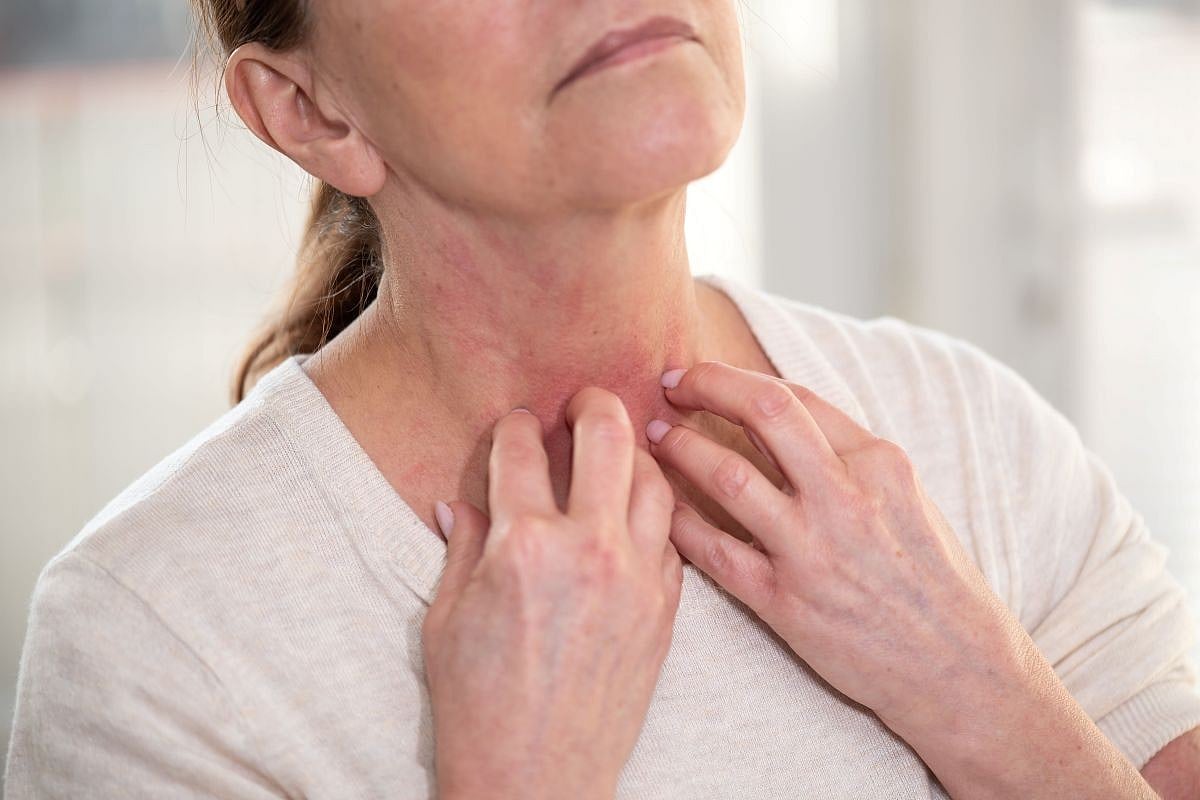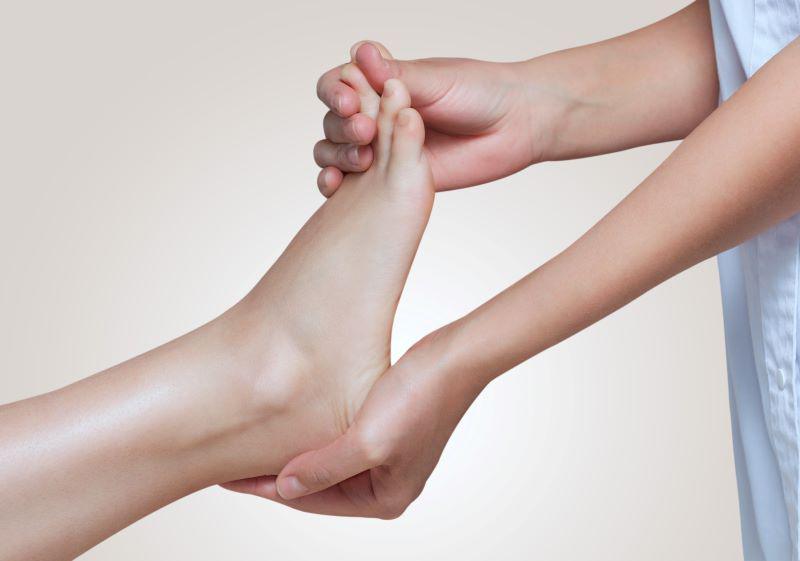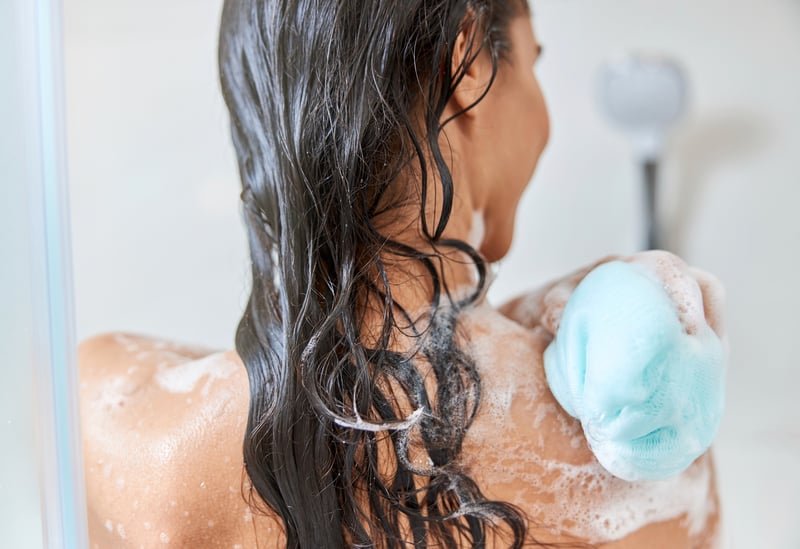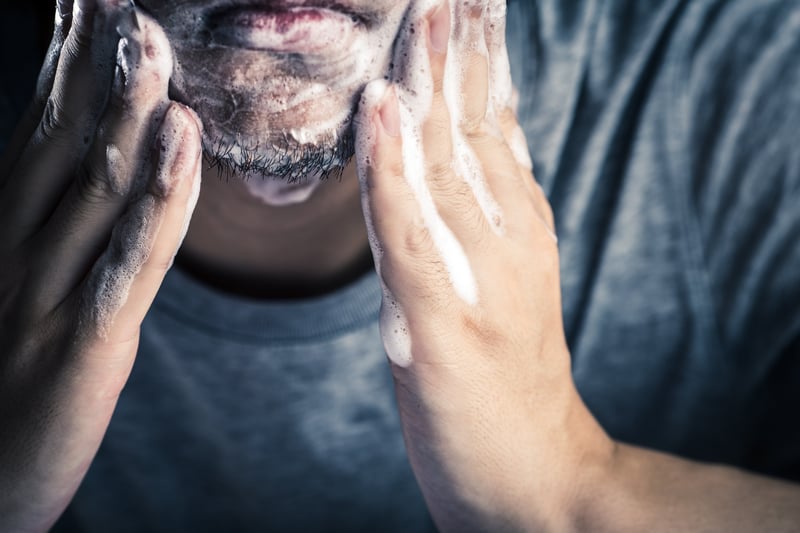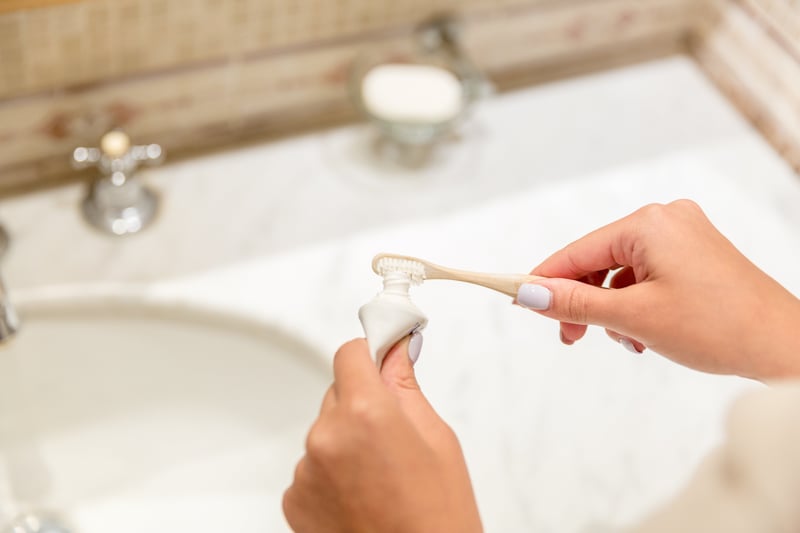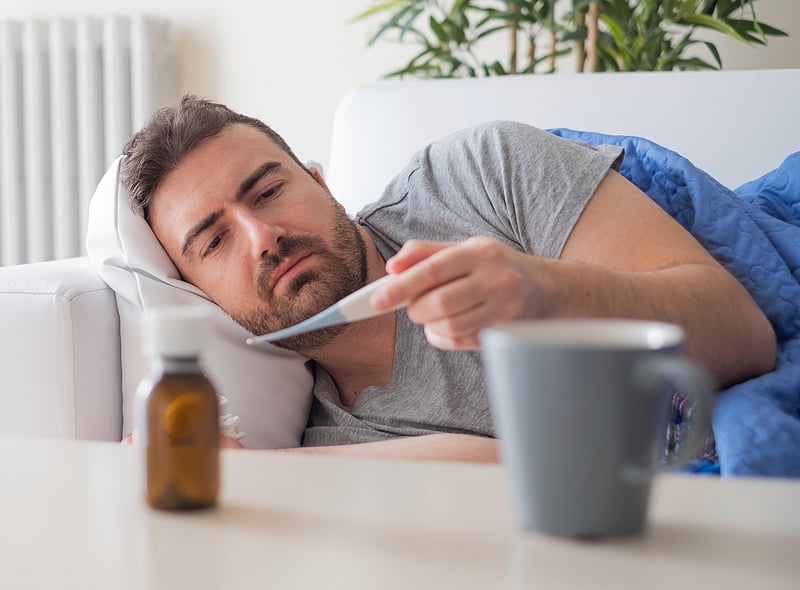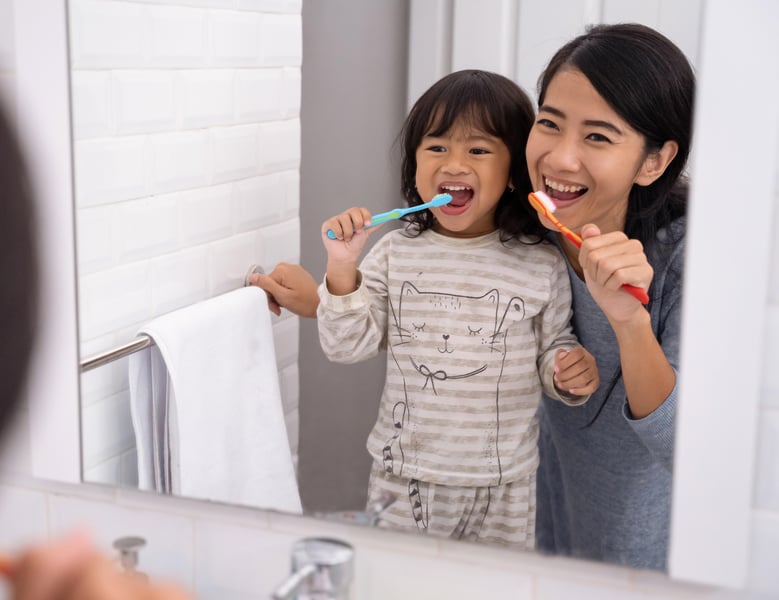Get Healthy!
Results for search "Hygiene".
Health News Results - 15
Bathing can be a tricky subject for people with eczema, some of whom fear that a daily bath might cause a symptom flare.
But a major study now says eczema patients can choose to wash up either daily or just one to two times per week without any fear of their symptoms getting worse.
There wa...
- Dennis Thompson HealthDay Reporter
- |
- November 12, 2025
- |
- Full Page
Most people spend a lot of time on their feet, so it's a good idea to take care of them.
With proper care, you can minimize the stress your feet take on when holding you up and getting you around, an expert says.
"Common problems that people face include hammertoes, blisters, plantar fasciitis and bunions. Some of these are easily solvable, but others may need the involvement of a s...
- HealthDay Reporter
- Cara Murez
- |
- October 21, 2023
- |
- Full Page
Grandma knew it all along: Certain places on the body are "hot spots" for unhealthy microbes.
That notion -- which the authors of a new study dubbed "the grandma hypothesis,"after grandma's admonitions to clean behind the ears -- was tested by students in a genomics cour...
- HealthDay Reporter
- Cara Murez
- |
- October 2, 2023
- |
- Full Page
Piercings can be a fun way to express yourself, but they can also cause complications -- particularly in areas that aren't the earlobes -- and need proper care.
"The first step to caring for your piercing is choosing a qualified piercer,"said Dr. Steven Daveluy, an associate professor and program director at Wa...
- HealthDay Reporter
- Cara Murez
- |
- September 24, 2023
- |
- Full Page
Men's use of personal care products has almost doubled since 2004, exposing them to some potentially harmful chemicals, a new study commissioned by the Environmental Working Group (EWG) finds.
Overall, the average American adult uses 12 personal care products a day that contain as many as 112 chemical ingredients. That's a change from the previous average of nine products with 126 unique...
- HealthDay Reporter
- Sarah D. Collins
- |
- July 26, 2023
- |
- Full Page
Fluoride may have found its match in preventing cavities.
New research shows that toothpaste containing hydroxyapatite, one of the main mineral components in teeth, can prevent cavities as effectively as fluoride, which has been used in toothpaste since 1956.
- HealthDay Reporter
- Sarah D. Collins
- |
- July 18, 2023
- |
- Full Page
That smartphone in your hand could be triggering your allergies, a new study by an 18-year-old high school student suggests.
A science fair project by Hana Ruran, of Hopkinton, Mass., found that cellphones are often loaded with cat and dog allergens, bacteria and fungi.
"I have my phone always with me. It's always in my hand. I never put it down for anything,"said study author Hana...
- HealthDay Reporter
- Cara Murez
- |
- November 10, 2022
- |
- Full Page
Contact lenses can be indispensable for those with poor vision, but if they aren't properly cleaned and stored you run the risk of serious eye infections, experts say.
Up to one out of every 500 contact lens wearers get such
The type of drill your dentist uses just might determine your chances of catching COVID-19 while in the chair.
So claims new research that suggests dentists can significantly improve patient safety during the pandemic by switching the type of drill they use.
British researchers used a harmless virus s...
- HealthDay Reporter
- |
- February 7, 2022
- |
- Full Page
Telling people to isolate in a bedroom when COVID-19 strikes may not be enough to keep the virus from spreading to others in the household, a new study suggests.
Airborne coronavirus particles were found both inside and outside the rooms of people with COVID-19 who were supposed to be self-isolating at home, according to researchers from Rutgers University in New Jersey.
"Our indoor...
- HealthDay Reporter
- Robert Preidt
- |
- February 1, 2022
- |
- Full Page
Worried your kid isn't brushing his or her teeth properly? You might want to try the Oreo test.
"If the child eats an Oreo and brushes their teeth and the parent can still see the Oreos, they need to be checking and helping them brush," said Elise Sarvas, a clinical associate professor of pediatric dentistry with the University of Minnesota.
Sarvas offers up the Oreo test and other ...
- HealthDay Reporter
- Dennis Thompson
- |
- February 1, 2022
- |
- Full Page
Give yourself and your loved ones the gifts of health and safety this holiday season, the U.S. Centers for Disease Control and Prevention suggests.
The agency outlines 12 ways to do that, beginning with a reminder that washing your hands with soap and clean running water for at least 20 seconds helps prevent the spread of germs. That precaution is particularly important as the Omicron var...
- HealthDay Reporter
- |
- December 25, 2021
- |
- Full Page
Healthy looking facial hair starts with healthy skin -- even if you're Santa.
The American Academy of Dermatology suggests some tips to prevent dandruff, ingrown hair<...
- HealthDay Reporter
- |
- December 24, 2021
- |
- Full Page
Several Old Spice and Secret aerosol spray antiperspirants and hygiene products have been voluntarily recalled in the United States due to the presence of the cancer-causing chemical benzene, Proctor & Gamble says.
Benzene exposure can occur by inhalation, orally and through the skin. It can lead to cancers including leukemia and blood cancer of the bone marrow, as well as potentially lif...
- HealthDay Reporter
- Robert Preidt
- |
- November 30, 2021
- |
- Full Page
Twenty seconds.
That's how long you need to wash your hands to remove germs, a new physics study confirms.
Typical hand-washing guidelines -- including those from the U.S. Centers for Disease Control and Prevention -- advise scrubbing your hands for a minimum of 20 seconds.
To assess that recommendation, researchers used a mathematical model to examine the key mechanics of han...
- HealthDay Reporter
- |
- August 17, 2021
- |
- Full Page

